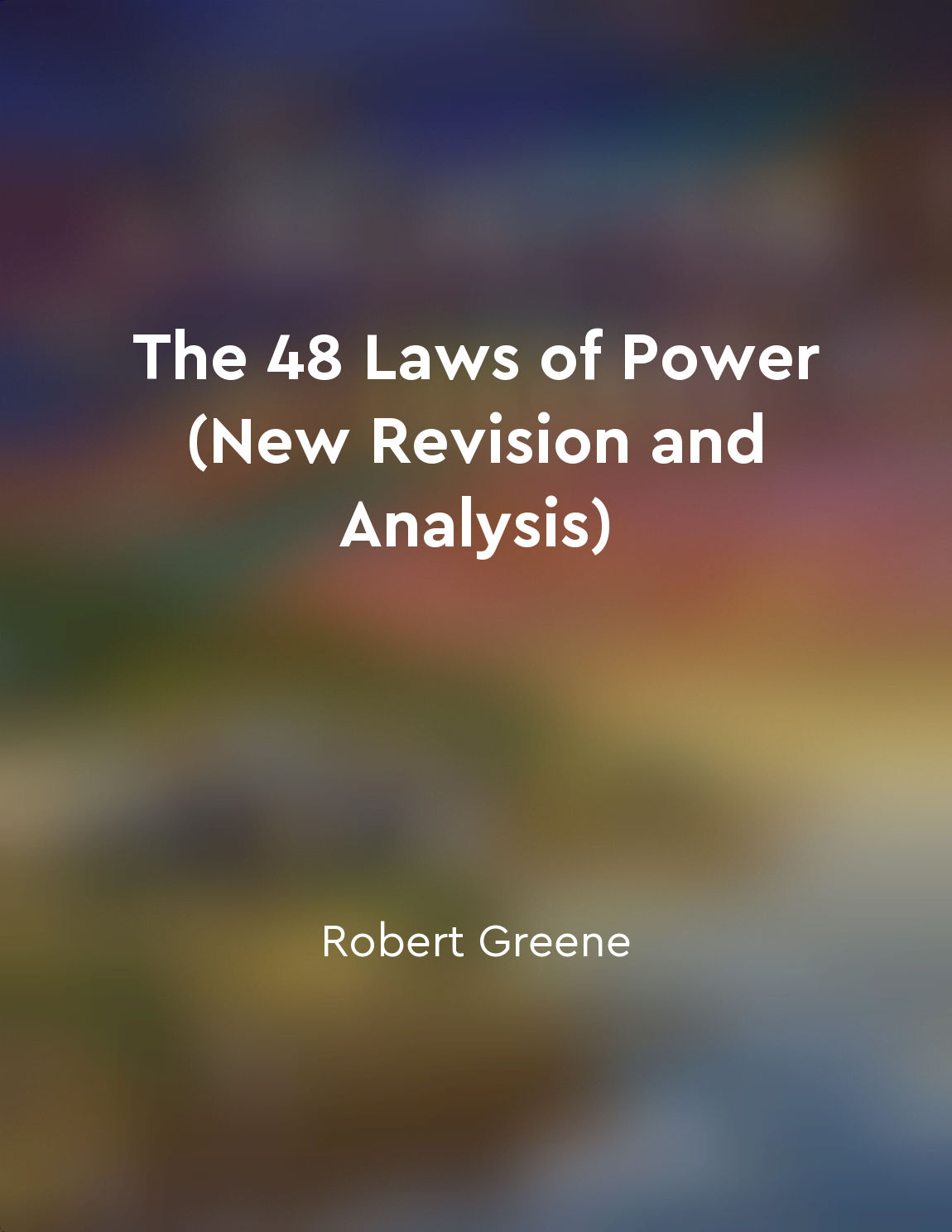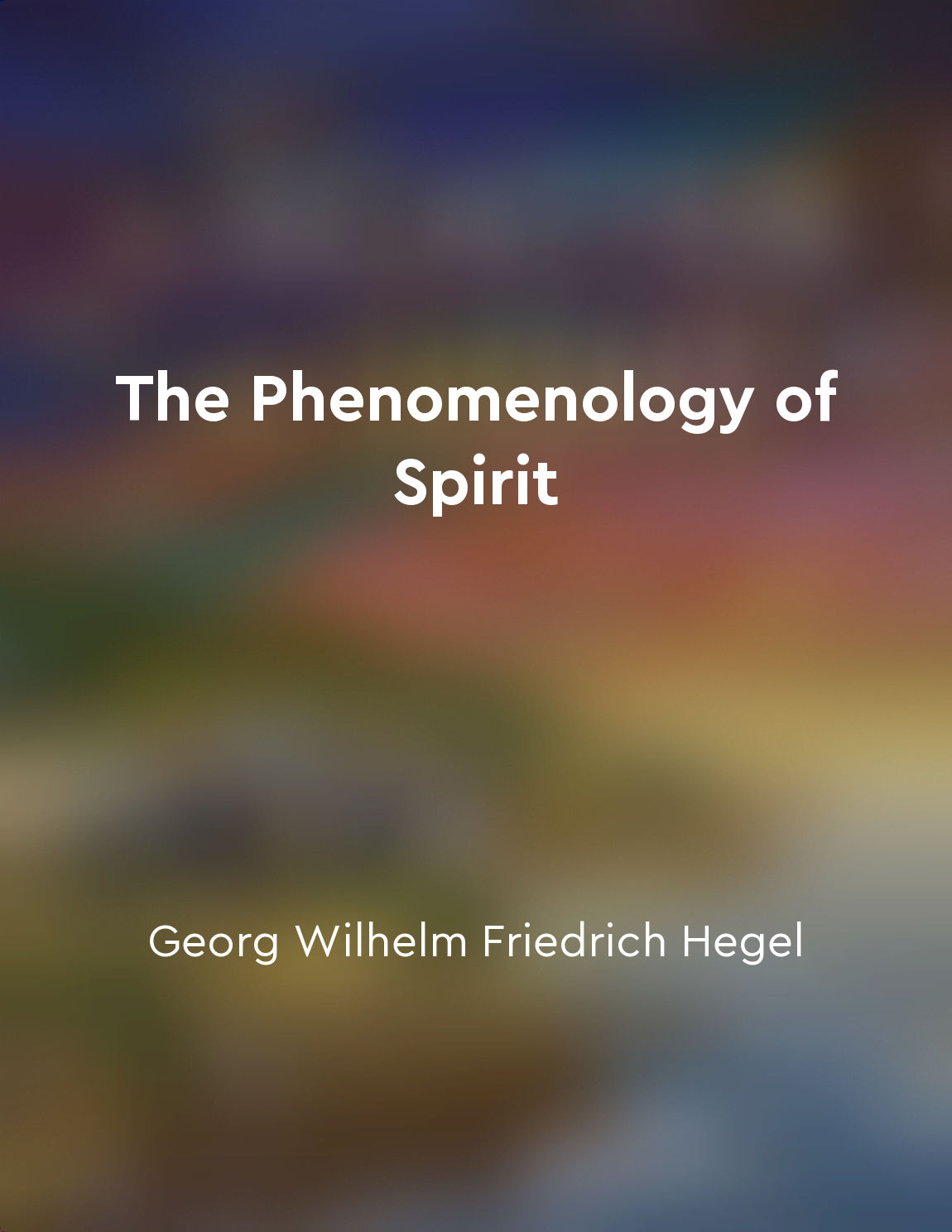He posits that social phenomena are the result of individual actions from "summary" of The Poverty of Historicism by Karl Popper
According to Popper, social phenomena are not predetermined or inevitable. They do not arise from some overarching, deterministic force. Rather, they are the product of individual human actions. Every social event, every change in society, can be traced back to the choices and decisions made by individuals. Popper argues that the idea of historical inevitability is flawed. History is not a linear progression towards a pre-determined end. Instead, it is a complex web of interactions and decisions made by countless individuals. These decisions, made in the context of their time and place, shape the course of history. In understanding social phenomena, we must not lose sight of the role of individual agency. Each person, through their actions and choices, contributes to the larger ta...Similar Posts
Time can seem to speed up or slow down depending on our circumstances
The way we experience time is not always constant. It can fluctuate depending on our circumstances, our environment, and our st...
A positive outlook can inspire others to act for change
Rutger Bregman shows us how a positive attitude can have a powerful impact on those around us. When we approach life with optim...

Practice resilience
Resilience is a crucial quality that can make all the difference in the face of challenges. It is the ability to bounce back fr...
Collaboration is key to success
In our rapidly changing world, the ability to collaborate effectively is more crucial than ever before. The challenges we face ...

The interplay of self and other
The self and the other are not separate entities existing in isolation, but rather they are intertwined in a dynamic relationsh...
The historian's biases influence their interpretations
The historian, like the rest of humanity, is not immune to bias. This bias can manifest in various ways and can significantly i...
Popper warns against the dangers of political mythmaking
Popper argues that political mythmaking poses a significant threat to open societies. He contends that the creation and propaga...
